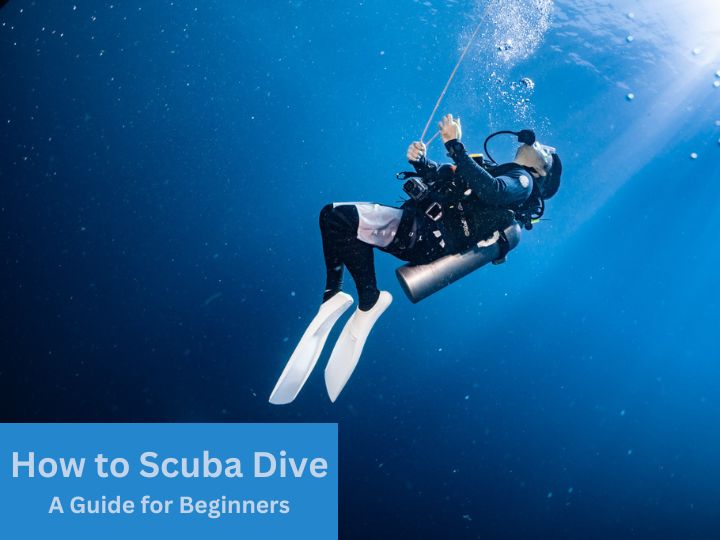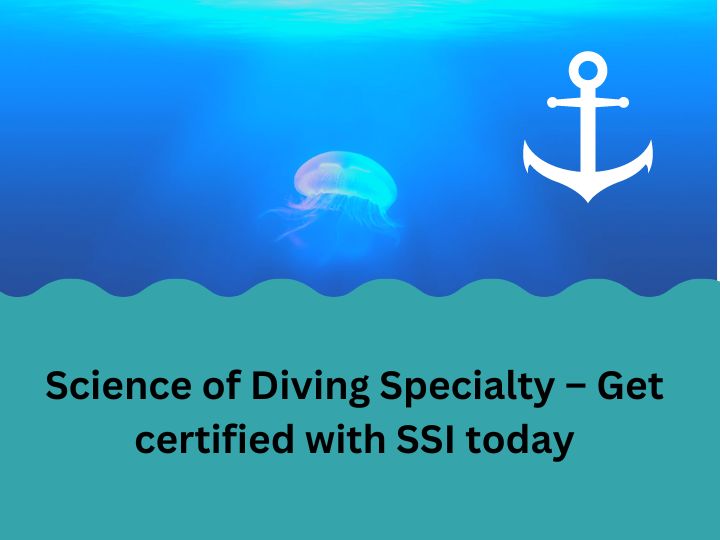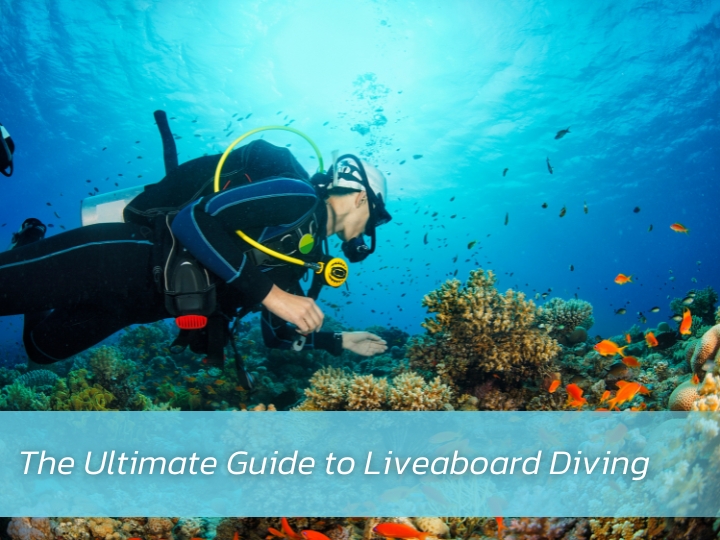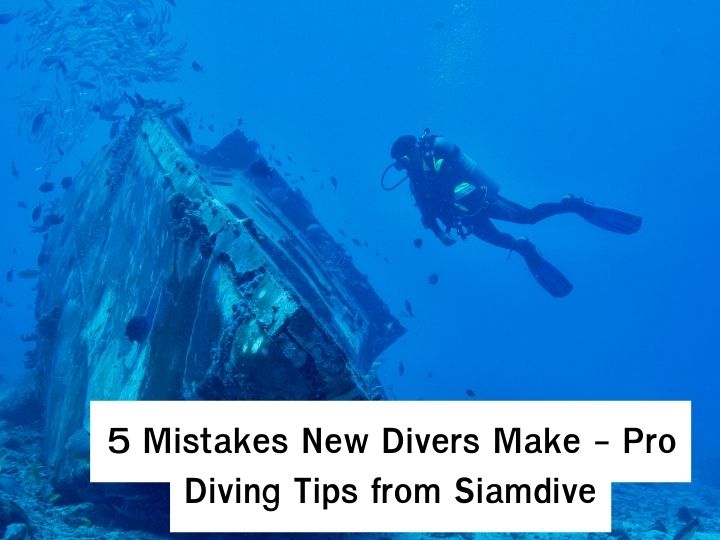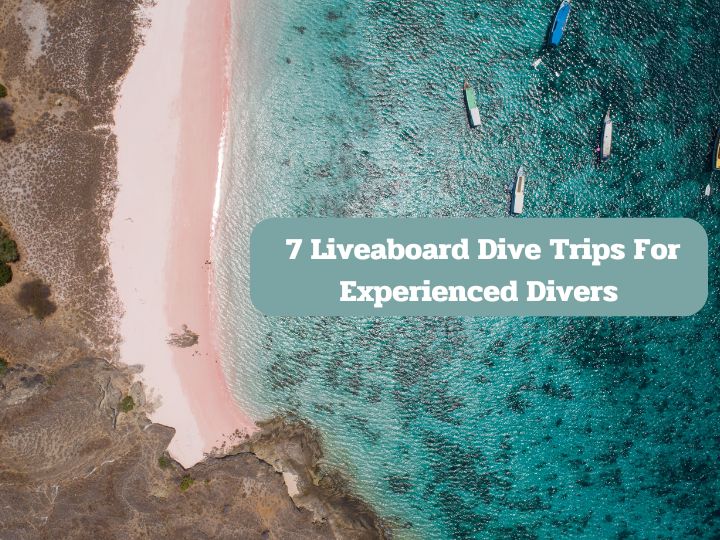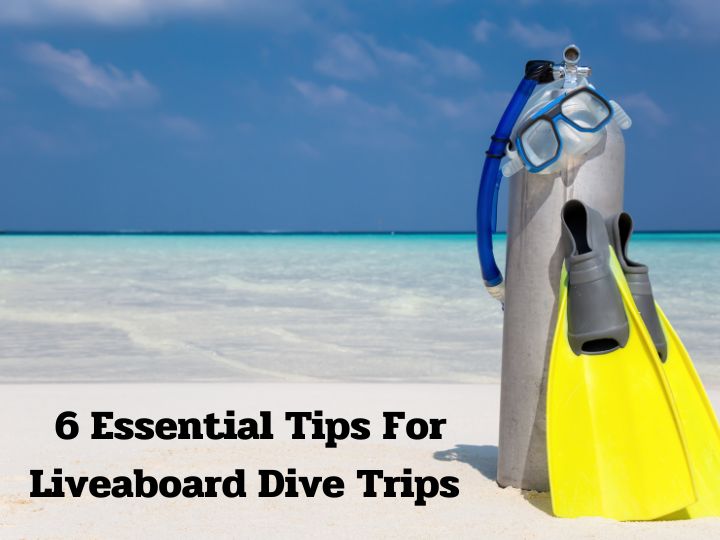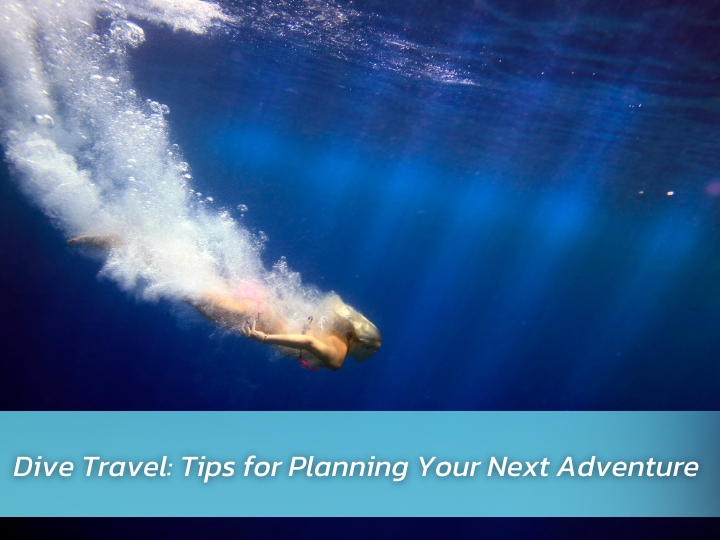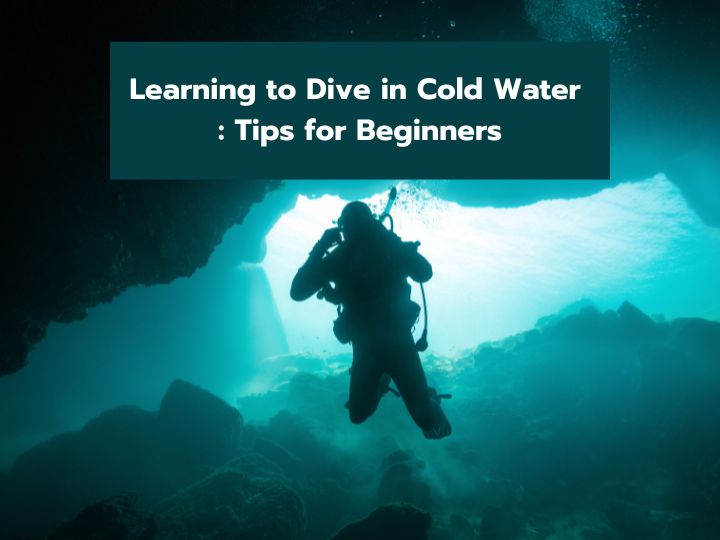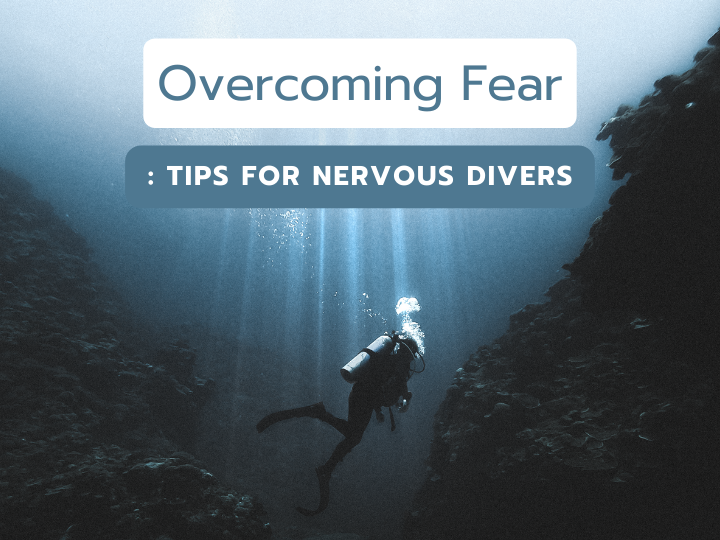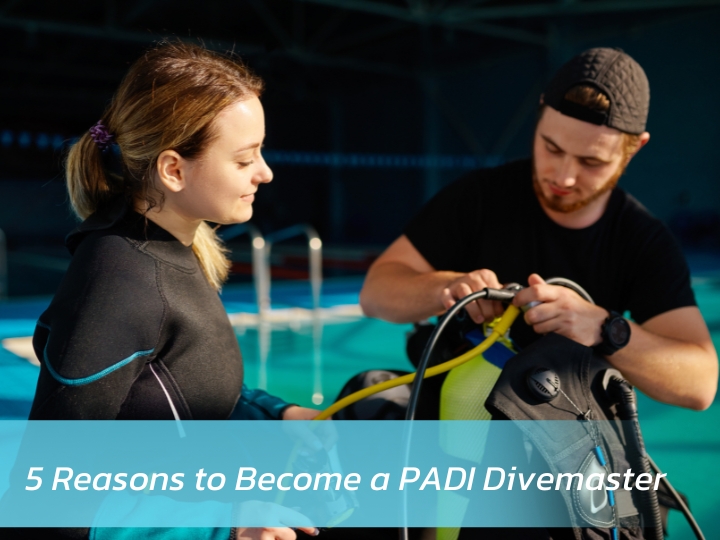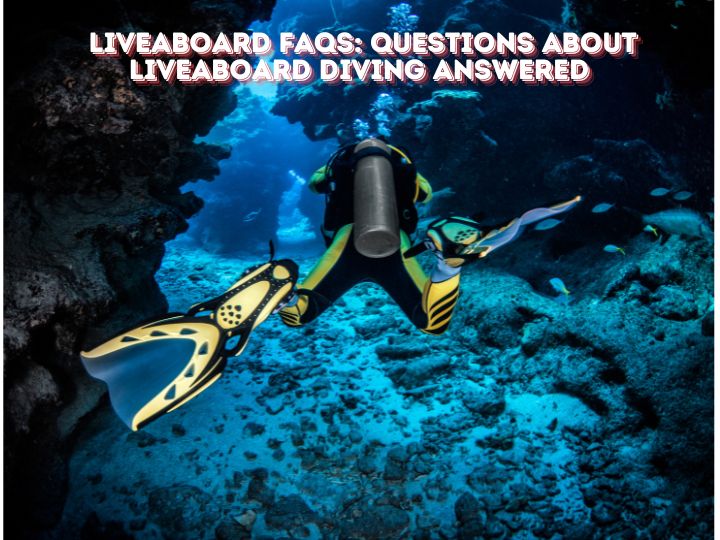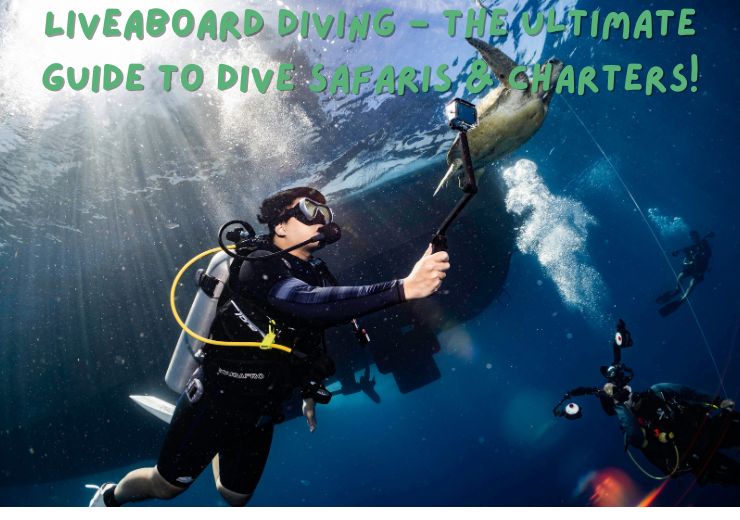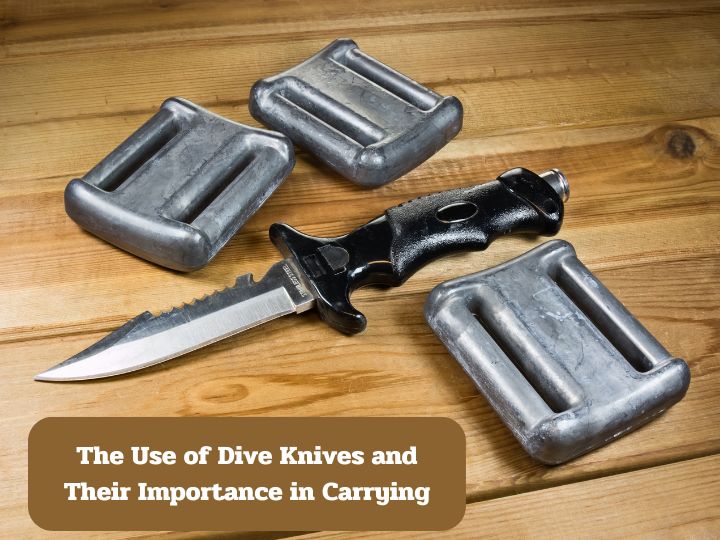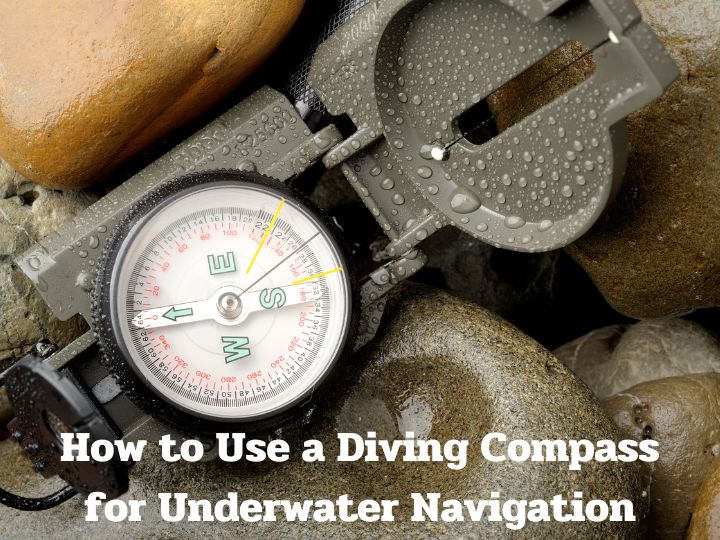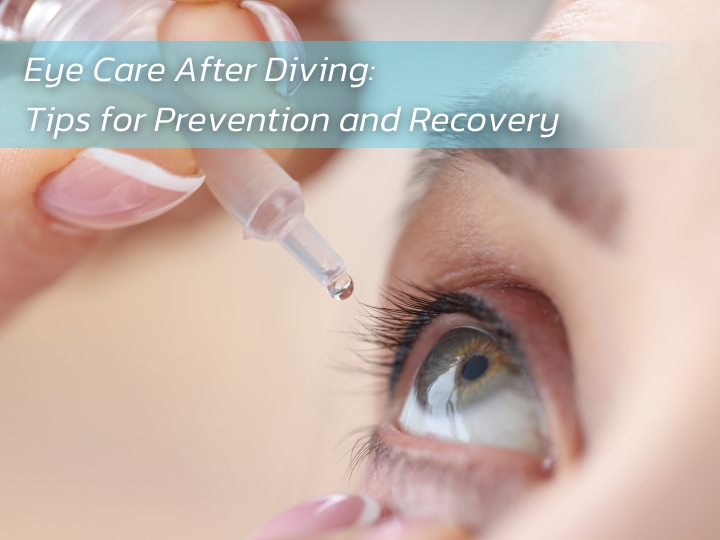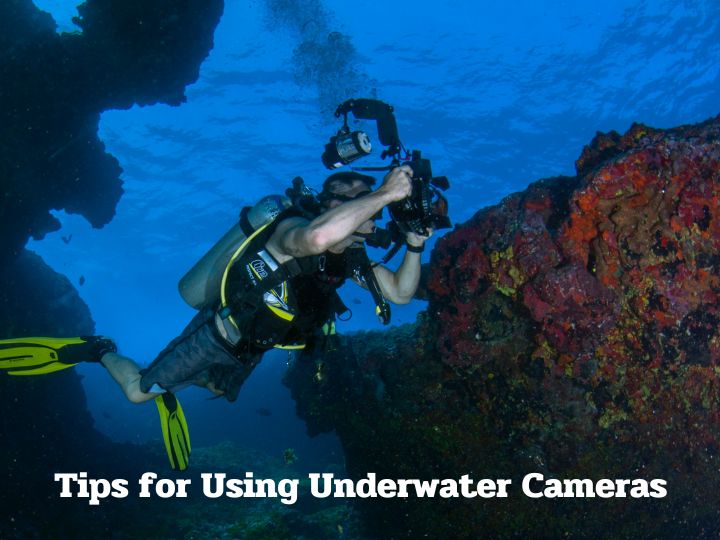
Liveaboard Diving Holiday - 10 Best Tips to Make It a Success
Discover the best tips to make your liveaboard diving trip a success. We've gathered advice from experts and professional divers to prepare you for an unforgettable underwater adventure.

1. Prepare Thoroughly Before the Trip
Preparation is key to ensuring a smooth liveaboard diving trip. Ensure all your gear is ready, check your health status, and research your dive sites in advance.
1.1 Dive Gear
Check your dive gear to ensure it’s in working order. Don’t forget to bring spare parts and emergency equipment.
1.2 Health Check
Have a health check before your trip and make sure to bring any necessary medication.
2. Research Dive Sites
Researching dive sites helps you understand the environment and marine life you’ll encounter. Be prepared for new experiences and the excitement that awaits you.
2.1 Weather and Water Conditions
Get to know the weather and water conditions at your dive sites to prepare your gear and clothing accordingly.
2.2 Marine Life
Learn about the marine life you will encounter to ensure safe and respectful interactions with the underwater environment.
3. Manage Your Time Wisely
Time management is essential for maximizing your diving experience. Plan ahead and allocate time for all the activities you want to do.
3.1 Dive Schedule
Plan your dive schedule carefully to make the most of your time and allow for multiple dives each day.
3.2 Rest and Relaxation
Ensure you have enough time for rest and relaxation to maintain your energy and well-being.

4. Choose the Right Liveaboard
Choose a high-quality liveaboard with excellent services for a comfortable and safe journey. Check reviews and recommendations from other divers to select the best option.
4.1 Safety Standards
Select a liveaboard that meets high safety standards and is well-equipped with safety gear.
4.2 Onboard Services
Check the onboard services, such as food, accommodation, and crew assistance, to ensure you have the best experience.
5. Prepare for Night Diving
Night diving offers a unique and thrilling experience. Ensure your gear is ready and follow the crew’s instructions for a safe dive.
5.1 Night Diving Gear
Check your flashlight and other lighting equipment to make sure they are in good condition and ready for use.
5.2 Training
If you have never done night diving before, practice with an expert before your actual dive.
6. Take Care of Your Health During the Trip
Maintaining good health throughout the trip is crucial. Stay hydrated and eat nutritious food to keep your energy up.
6.1 Hydration
Drink plenty of water to prevent dehydration, especially in hot climates.
6.2 Nutrition
Eat a balanced diet with essential nutrients to keep your body strong and ready for diving.

7. Ensure Adequate Rest and Sleep
Getting enough rest and sleep is vital for your energy and alertness during dives. Allocate time for sleeping and resting appropriately.
7.1 Sleep
Ensure you get sufficient sleep and avoid consuming alcohol before diving.
7.2 Rest
Allocate time for rest during the trip to maintain physical and mental balance.
8. Communicate Effectively
Effective communication with the crew and other divers is essential. Learn hand signals and underwater communication techniques for safety.
8.1 Hand Signals
Learn and practice hand signals for underwater communication.
8.2 Underwater Communication
Use underwater communication devices correctly and follow crew instructions.
9. Maintain Cleanliness
Maintaining the cleanliness of your gear and body is important. Clean your gear after each use and practice personal hygiene throughout the trip.
9.1 Cleaning Gear
Clean your dive gear after each use to maintain its condition and safety.
9.2 Personal Hygiene
Practice personal hygiene to prevent infections and illnesses.

10. Practice and Learn
Continuous practice and learning are crucial for divers. Practice your diving skills and stay updated with new information to enhance your abilities.
10.1 Practicing Skills
Regularly practice your diving skills to improve your abilities and confidence.
10.2 Learning New Information
Stay informed about new developments in diving and underwater environments.
Conclusion
Thorough preparation, researching dive sites, time management, choosing the right liveaboard, taking care of health, ensuring adequate rest and sleep, effective communication, maintaining cleanliness, and continuous practice and learning are key tips to make your liveaboard diving trip successful and memorable.

Post-Dive Precautions
There are certain precautions to take after diving to ensure safety and health. Avoid flying immediately and refrain from strenuous exercise after diving.
Avoiding Flights
Wait at least 24 hours before flying after diving to prevent Decompression Sickness.
Avoiding Strenuous Exercise
Avoid strenuous exercise after diving to prevent injury and Decompression Sickness.
Deep Diving
Deep diving requires proper preparation and knowledge. Practice deep diving with an expert and study the underwater environment.
Practicing
Practice deep diving with an expert to ensure safety and a good experience.
Studying
Study the underwater environment and marine life in the area where you plan to dive deep.
Diving with Marine Animals
Diving with marine animals is an exciting experience. Respect marine animals and avoid disturbing them for safety and conservation.
Respecting Marine Animals
Respect marine animals and avoid touching or disturbing them.
Avoiding Disturbances
Avoid disturbing marine animals to ensure safety and conservation.
